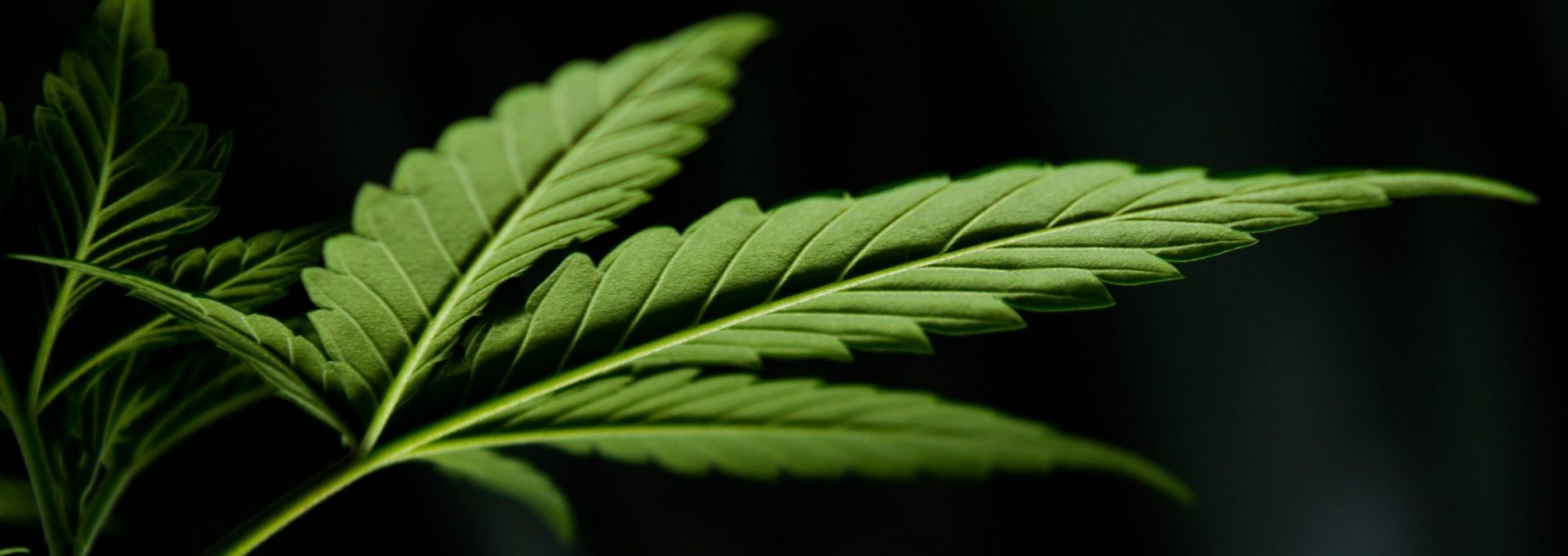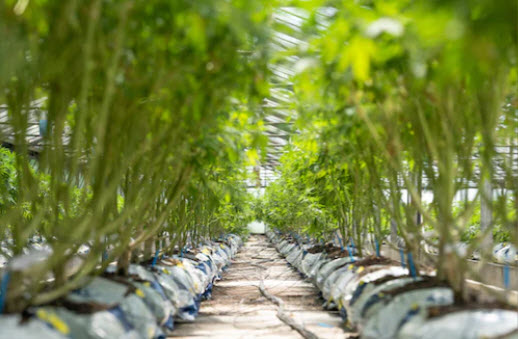The year comes to a close with both big news (and small) as the world continues to accept that cannabis legalization is no matter an if but when
The news that a terminally ill man in hospital was issued a citation for using medical cannabis to relieve his symptoms on December 19 in Kansas is the kind of outrageous violation of rights and dignity that cannabis patients still suffer on a regular basis in far too many places. See the injustice recently meted out to a caregiver in Ireland of late as just one more example of the same.
However, as the year 2022 ends, it is not too far-fetched to hope that one resolution on the table globally is that this kind of thing does not occur as much as it used to in the new year.
There have been many positive developments in the year now receding on the cannabis reform front – although there have also been some noted setbacks too. The fact that there is a patient or even a recreational user anywhere at this point who faces danger for using or possessing cannabis, or a business that hopes to sell it which is still in jeopardy for doing the same means that 2023, if nothing else, will be a year where further progress will be made.
Here is a brief summary of some of the larger developments of this year and what is on the horizon for next.
Full Cannabis Legalization Is a Global Agenda
While nothing more (unsurprisingly) than a research bill made its way to President Joe Biden’s desk in the United States during the lame-duck session of Congress, it is clear that the national discussion about cannabis in America will either move in the next two years or finally become a presidential debate of some substance in 2024. Given the fact that Biden is likely to be fighting for his life no matter whether Trump defies the laws of the United States, gravity if not improbability, and seriously runs for office again. His bitter vitriol has not left the room, and cannabis reform offers a rare compromise in a nation in the middle of serious storms.
That said, don’t expect a miraculous salvation. The entire debate about GMP-grade cannabis has never seriously entered the discussion about legalization within the US as it has in Europe. For that reason, certification as well as pharmaceutical distinction is going to be a fraught discussion here just as everywhere else.
Next year, in other words, will undoubtedly see yet another effort to craft legislation at a federal level.
It will be easier because Germany is leading the world right now with its plan to become the largest global economy so far to actually put legalization on its drawing board if not in front of the legislature. If all goes well at the EU level, expect several other neighboring countries to follow suit simultaneously if not shortly thereafter.
It is widely expected that Germany will in fact pass this legislation in 2023 if for no other reason it is politically expedient to do so. It is also highly unlikely that the EU will be able to ignore this discussion as the precedent for said vote in Germany is – as many countries in Europe are poised to go this route. This is, in other words, an issue for the EU to solve, not find a way to avoid.
As Germany and Europe in other words go next year, so does the rest of the world.
Cannabis Will Not Normalize Globally for Another Decade
It has taken five years since the German bid for the market here to establish itself on a pharmaceutical level, and there is much ground to go (not to mention many squabbles still in the room). The North American market has been “normalizing” since 2014.
Yet if there is a single meaningful development or moment that could be enshrined in a time capsule to look back accurately at the world at this point, the idea of a deathly ill cancer patient in hospital being punished for his therapeutic use of the plant is not new. What is a new development is that said police department would receive hundreds of letters of complaint from the community.
This time next year, it is not likely that this kind of threat will have been completely eliminated from the world, and sadly such incidents are unlikely to be in the rear-view of the past anytime soon.
What we are witnessing, however, at the beginning of the third decade of the century, is the final opening of a curtain that has too long been closed in the name of stigma, lack of scientific evidence, politics, and even outright racism.
That these influences are still too much afoot in the world far beyond cannabis means that such trends will not entirely disappear from the world, but they are now on track to be less prevalent in this debate.
And In The Meantime…
The scandals in the industry, including the Juicy Fields affair, are likely to begin to redefine issues in other places too. The intersection of the regulation of tech, social media, and cannabis is likely to also see interesting twists and turns.
This will also be increasingly true of cannabis financing as well as industry and company valuations. The sky-high predictions so far have not borne fruit, in any market or segment.
Pricing is another issue in the room right now, especially with those who are turning their eyes, internationally, to the German market. There are many misperceptions about what both this and the European medical market are worth, in part because most cultivators outside of the country have been fed a mix of horsepucky and false expectations mixed with grandiose dreams of what their products will actually fetch here. The reality is, however, that the so-far most expensive, regulated market in the world has essentially set the cost of production (in Germany) at €1.15 a gram for EU-GMP cannabis flower (by the cultivation bid) means that a bar has been set for everyone else hoping to access this market.
Expect prices to only get more competitive in the next several years. There are more than one hundred new strains about to hit the medical cannabis market in Germany. This alone will create a market stabilization if not valuation for all but the most exceptional flower, which itself will have to enter this market at “average” prices and establish itself on the ground.
Further afield than Europe, the renegotiation of the Farm Bill next year is widely expected to further define the industry and the regulations thereof in the United States, leading to yet another discussion about commodity pricing on a national level.
As a result, there will be a normalization, finally, about pricing, returns, and real costs. The write-downs and other financial mea culpas of this segment of the industry this year is just yet another sign of the same. It is about time. The volatility in just this segment of the market has made it very hard to establish a market “norm” which has yet to emerge.
Beyond this, the black market will continue to define a few things, starting with true market pricing overall. However, there is less and less tolerance among those who want a normal market for illegal weed. For this reason, not to mention policy changes now afoot in Europe namely because they cannot be stopped, alternative models, like patient and even more generally “all-use” non-profit cannabis clubs are also clearly on the agenda of those crafting legalization policy.
So as 2022 comes to an end and the world begins to take on a new view of life after Covid, cannabis is well on its way to being normalized. 2023 as a result is likely to be an eventful year on this front globally, for all the setbacks that will also inevitably ensure.
And so, for those caught up in this tidal wave of a revolution with long lasting impact, whether they joined it decades ago or more recently, the end of this year ends with a promise of hope, and change, absolutely and clearly on the horizon.









